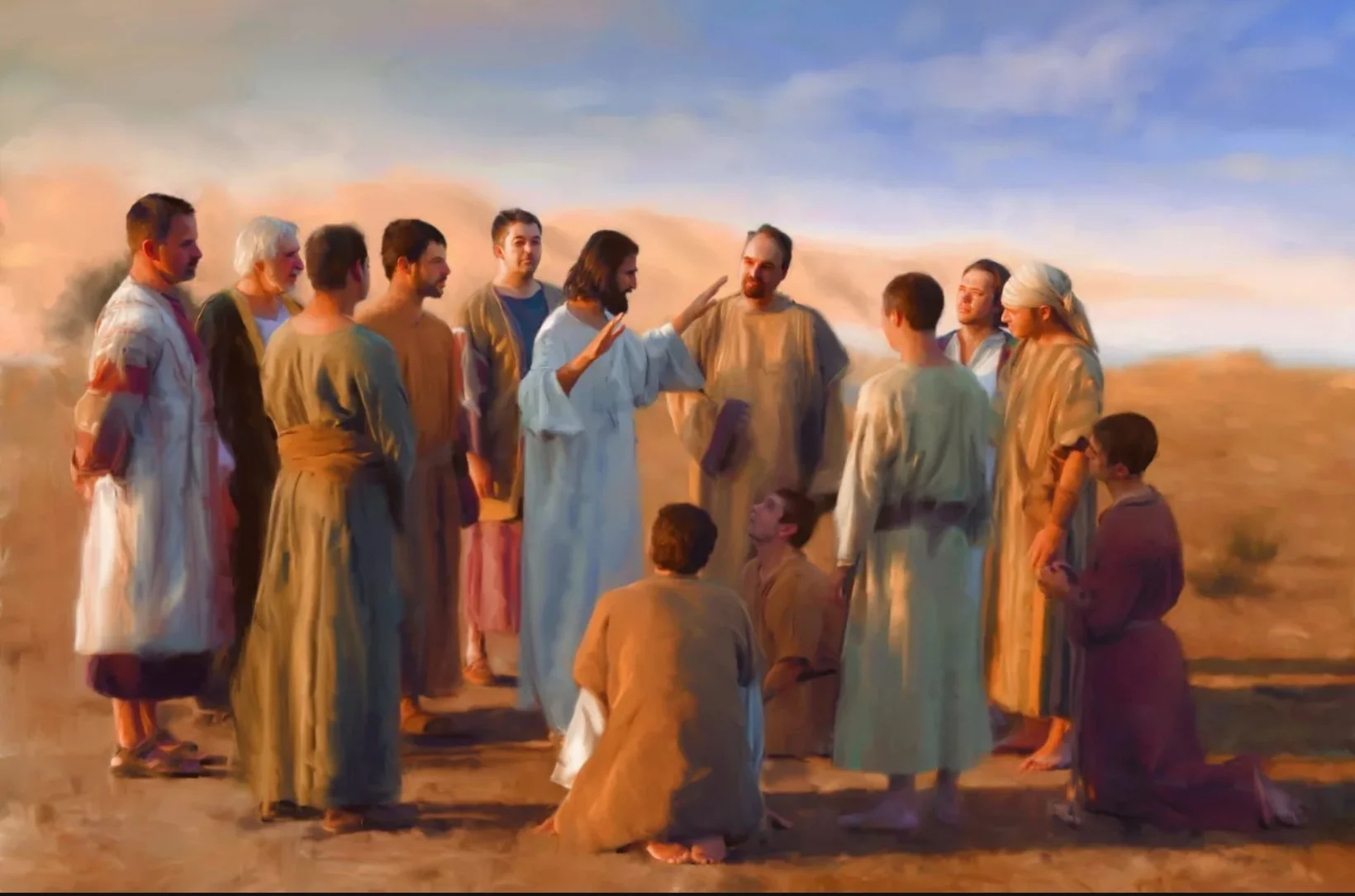He Knew them Deeply: The Intimate Way Jesus Knew his Disciples
Jesus didn’t just call His disciples by name—He called them by soul. When He chose the twelve, He wasn’t selecting based on status, talent, or reputation. He saw into their hearts, their fears, their doubts, their potential. He called them not for who they were but for who they would become in His presence. And in doing so, He modeled for us what it means to truly know and love another.
He Knew Their Personalities and Struggles
Jesus knew Peter’s boldness and his tendency to speak before thinking. He knew Thomas would wrestle with doubt. He understood James and John’s fiery ambition and desire for honor. He knew Matthew had been judged and outcast as a tax collector. Yet He never flinched. He embraced their humanity while calling forth their divine purpose.
He wasn’t surprised by their weaknesses. He loved them through them.
He Knew Their Thoughts Before They Spoke
Time and time again, Scripture reveals moments where Jesus knew what His disciples were thinking. Whether it was fear during the storm or confusion after a parable, He met their inner questions with clarity and care. In Luke 9:47, it says, “Jesus, knowing their thoughts…” — He read the silent language of their souls.
That is the kind of knowing we long for—to be seen, heard, understood, without even saying a word.
He Knew Their Capacity for Transformation
Jesus didn’t just see who the disciples were in the moment; He saw who they would become in His name. The fisherman would become the shepherd. The doubter would become the declarer of faith. The persecutor (in the case of Paul) would become the preacher. Jesus saw the seed of destiny buried beneath layers of fear, failure, and history—and He watered it with His presence.
He Knew Their Pain and Carried It
In the garden of Gethsemane, when the disciples fell asleep in their weariness, Jesus didn’t scold them harshly. He said, “The spirit is willing, but the flesh is weak.” He knew their limitations and carried compassion for their condition. And after the resurrection, when Peter wept over his denial, Jesus didn’t shame him—He restored him.
He held space for their failures and still chose them.
He Loved Them to the End
John 13:1 says, “Having loved his own who were in the world, he loved them to the end.” That love was not dependent on performance. It was a covenant love. A love that washed their feet even when He knew one of them would betray Him. A love that broke bread even with the one who would walk away. A love that laid down His life for friends He knew inside and out.
This is the Love That Knows Us Still
The way Jesus knew His disciples is the way He knows us now. Intimately. Patiently. Eternally.
He sees our contradictions—our hunger for holiness wrapped in layers of human fear—and He stays. He calls. He loves. Not based on perfection, but on purpose. Not based on appearance, but on alignment with the heart of God.
To be known like that is the deepest gift.
To love others in that same way is our highest call.
